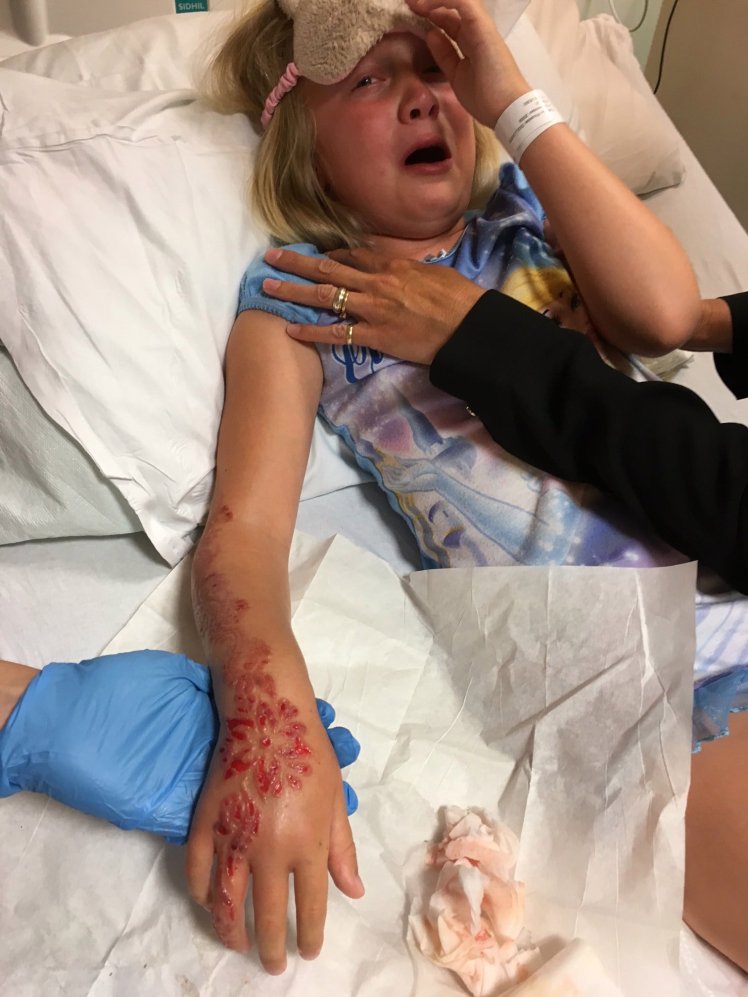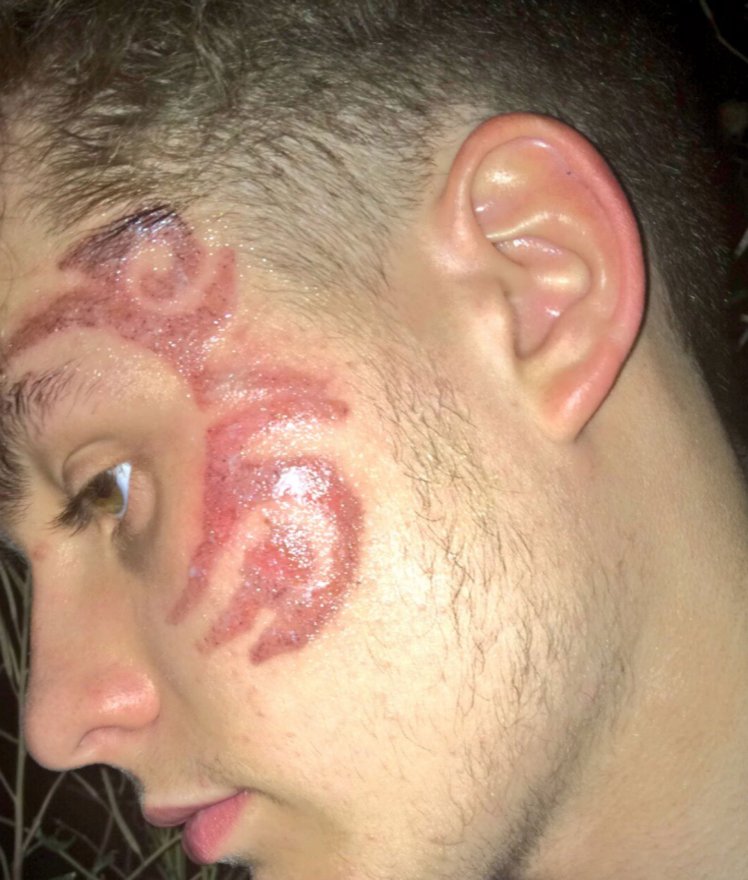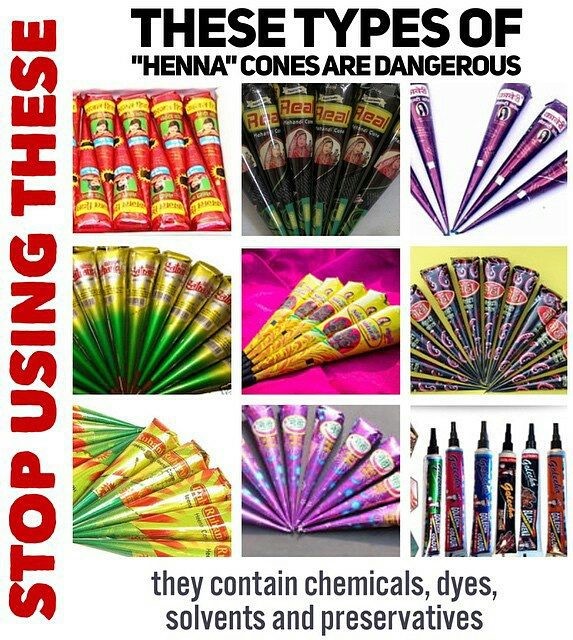“Do you do black henna?”
“Henna! Is it the black one?”
“What color does your henna stain?”
If I had a henna cone for every time I’ve been asked these questions, I’d have enough to decorate an entire wedding party! But jokes aside, let’s talk about something incredibly important: the difference between natural henna and the infamous “black henna.”
What Is Henna, Really?
Henna comes from a plant—Lawsonia inermis, to be exact. Its leaves and twigs are dried, finely ground, and mixed with water and essential oils to create a rich, natural dye. When applied to the skin, it leaves behind a temporary stain that deepens over 24 to 48 hours, starting as bright orange and maturing into a deep red or burgundy.
Here’s the key takeaway: Henna is never black. Anything labeled “black henna” or anything that stains black, blue, or even pure red instantly is NOT real henna. And trust me, you don’t want it anywhere near your skin.
The Dark Side of “Black Henna”
We live in an era of mass production, and unfortunately, even henna has been commercialized in ways that put people at risk. To make henna last longer or to create “instant stains,” some manufacturers load their henna pastes with dangerous chemicals, the worst offender being PPD (Paraphenylenediamine).
PPD is commonly found in hair dye, but when applied to the skin, it can cause burns, blisters, and even long-term health issues like organ damage and cancer. It doesn’t stop there—some factory-made henna pastes also contain kerosene, gasoline, and paint thinner (yes, you read that right). These toxic additives have led to severe allergic reactions, hospitalizations, and even death.

You might think, “I’ve used black henna before and nothing happened.” But reactions can develop years later as your body builds up sensitivity. Is achieving a quick, dark stain worth the risk?

How to Spot & Avoid Dangerous Henna
To ensure you’re only using safe, natural henna, keep this checklist handy:
❌ Never buy henna paste off a store shelf. Natural henna is perishable and should be frozen if not used within a few days. Anything with a long shelf life likely contains preservatives or chemicals.
❌ Avoid anything labelled “black henna,” “instant henna,” or “red henna.” These often come in shiny, colorful packaging and are factory-made.
❌ Never ask for black henna. Let’s break the cycle by educating ourselves and others!
✅ Trust your nose! Natural henna has a fresh, earthy scent mixed with essential oils. If it smells like chemicals, it’s a red flag.
✅Do a spot test. Apply a tiny amount of henna on your palm and let it sit for 15 minutes. If it stains orange and darkens over time, it’s safe. If it stains black or red instantly, stay far away!
✅ Ask your henna artist where their paste comes from. If they don’t make it themselves, request an ingredient list. Look out for suspicious terms like “mehendi oil.”

The Beauty of Natural Henna
The magic of real henna lies in its simplicity. No harmful additives, no shortcuts—just patience, tradition, and nature working together to create something beautiful. So the next time someone asks, “Do you do black henna?” you’ll know exactly how to answer.
Your skin deserves better. Choose natural. Choose safe. Choose real henna. 🌿✨
If you found this helpful, share it with a friend who needs to know the truth about black henna! Let’s spread awareness and keep this ancient art form safe for everyone. 💛
_________________________________________________
Links to news articles regarding "black henna":
1. Kent children 'blistered and scarred' after Egypt trip (2019)
2. Dangerous 'black henna' tattoos leaving Bali tourists with permanent scars (2019)
3. Teen who got Mike Tyson-style black henna tattoo left with severe facial scars (2017).
4. 22-year-old British woman suffered horrific burns after getting black henna (2017)
5. Young girl cries in agony after having a black henna tattoo (2017).
6. 38-year-old lady DIES from PPD henna poisoning (2016).
7. Prom queen scarred for life after getting black henna (2015).
8. 3-year-old boy went into toxic shock and was left with burns after getting a spiderman tattoo (2014)

